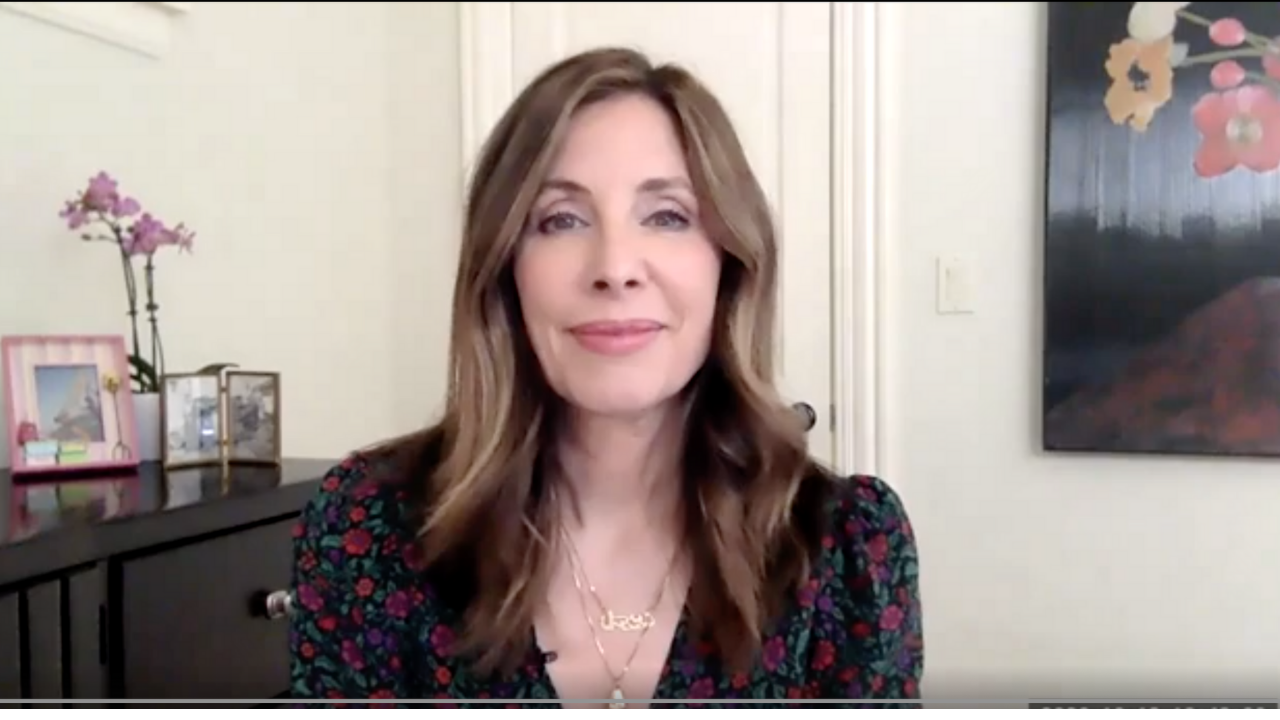The Hard Truth About Soft Skills
A few weeks ago, I popped in on a marketing event for a skincare company. A company consultant was scheduled to speak and asked if I’d provide some feedback on her presentation. She did well, but it was another consultant, a young lady endearingly nicknamed “The Millennial,” who really caught my attention as she put the financial benefits of her part-time job into perspective. She said, “Instead of having to choose between buying groceries or a new dress, I can now afford to buy groceries and that new dress!”
As she continued to speak, I noted a parallel. How often are hiring managers forced to choose between applicants who are either exceptional technically or interpersonally, but rarely both? What if those hiring managers could have it all or specifically find it all in one person? No more having to choose.
A while back I worked with a Partner at a prestigious law firm. Dave was whip smart, hard-working and an insanely good problem solver. He was also an insightful guy who had come to see these qualities as half the equation. As Dave put it, expertise without a sizable roster of clients doesn’t mean diddly to a law firm. He knew he had to sharpen his interpersonal skills. Only then, he said, could he differentiate himself from the throngs of attorneys who are either great sales people or legal minds, but rarely both.
It makes me wonder why so many companies, even schools, tend to give short-shrift to communication skills. When budgets are tight, communications training is often the first to go. Even the nomenclature “soft” skills implies a level of inferiority to hard skills, but to assume communication skills don’t impact a company’s bottom line would be a mistake.
A Google study outlined by business writer Joel Anderson reinforces the point. Dubbed ‘Project Oxygen’, Anderson reported on research that examined all available data to determine which skills and characteristics were most predictive of success at Google. Anderson wrote, “Even at Google, a company built around the idea that hard engineering skills like coding and mathematics are what truly define success, STEM (Science, Technology, Engineering and Math) expertise finished last among the top eight characteristics of Google’s best employees.”
So what were the seven characteristics that trumped STEM? Yep, all soft skills:
- Being a good coach
- Listening well
- Possessing insights into others
- Having empathy toward colleagues
- Being a good critical thinker
- Being a good problem solver
- Being able to connect with others across complex ideas.
A similar study at MIT Sloan revealed a 250% return on investment (ROI) after factory workers in Bangalore, India were taught soft skills over the course of a year. Researchers cited increased productivity as the main reason for the gain.
Soft skills can be hard to master and unlike hard skills, are more nuanced. There are the fundamentals like eye contact, body language and vocal inflection, but as the Google study reveals, listening skills and emotional IQ are also of critical importance. Have you ever met someone who looked at their watch while you were speaking to them? How did it make you feel? How about people so focused on themselves that they fail to ask you questions? Or what about the colleague who checks-out after completing a presentation. You gave them your attention, but when it’s your turn to speak, they’re slumped in their chair checking e-mails.
Our brains are hardwired to judge. How we relate to people, how we speak, dress and even sit are noticed and assessed by others. And don’t expect anyone to tell you, you don’t seem ready for prime time. It’s sensitive stuff and often difficult to quantify or articulate. You just wont get the business or promotion.
Here are 5 easy ways to bolster your interpersonal skills:
- Be present in a conversation. If you have to look at your watch or phone during a conversation, at least explain why so you don’t come across as arrogant or bored.
- Take note of the way other people communicate. If you’re outgoing and a prospective client is introverted, try dialing back your energy to accommodate their communication style.
- Don’t interrupt. Let a person finish their statement before chiming in. Good listeners are regarded as more trustworthy.
- If you’re concerned about the tone of a sensitive e-mail, read it aloud to see if it delivers the intended meaning.
- Demonstrate engagement by asking questions and then follow-up questions to clarify. The best way to build rapport is to demonstrate genuine interest in another person’s work.
Everyone has their communication challenges. For some, better eye contact and executive presence fit the bill. For others it’s about how to best start and end a speech, engage the media or finesse small talk with a prospective client. Anyone can kick their communications skill-set up a few notches with as little as an afternoon of coaching.






